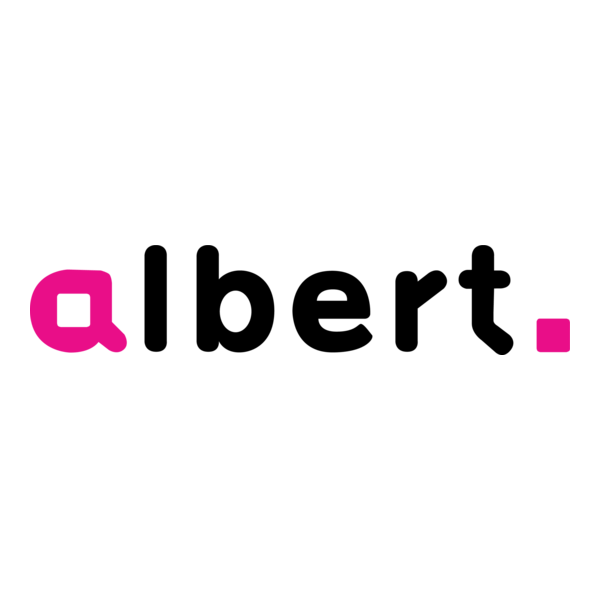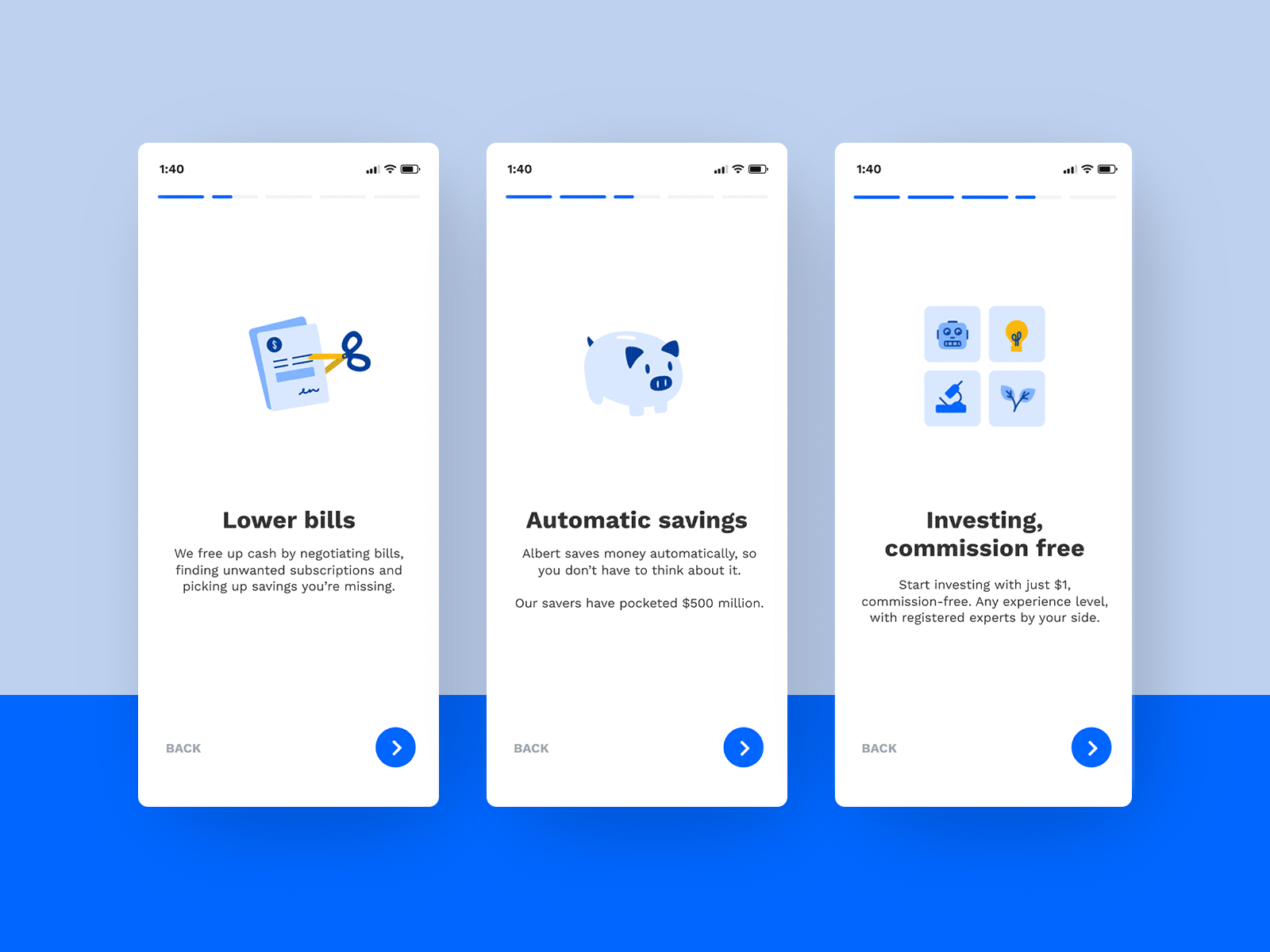
Albert: Complete Buyer's Guide
Autonomous AI platform for cross-channel paid advertising
Albert is an autonomous AI platform that orchestrates cross-channel paid advertising campaigns through reinforcement learning algorithms, targeting enterprise ecommerce businesses seeking to eliminate manual campaign management while maximizing performance across Google, Meta, YouTube, and Bing simultaneously[131][130].
Market Position & Maturity
Market Standing
Albert occupies a premium position in the enterprise marketing automation tier, competing with comprehensive platforms rather than point solutions through its autonomous cross-channel orchestration capabilities[115][131].
Company Maturity
Albert operates as an established enterprise solution with dedicated technical account management and sophisticated support infrastructure for complex implementations[133].
Industry Recognition
Industry recognition comes primarily through customer success stories and documented performance outcomes rather than formal awards or analyst recognition mentioned in available sources.
Longevity Assessment
Albert maintains stable enterprise customer relationships with ongoing technical account management and platform development, though comprehensive financial or growth metrics are not publicly available in research sources[133].
Proof of Capabilities
Customer Evidence
RedBalloon's transformation serves as the primary validation case, achieving 25% customer acquisition cost reduction and 751% Facebook conversion increases while shifting from manual campaign execution to strategic KPI monitoring[127].
Quantified Outcomes
Quantified performance outcomes include RedBalloon's 6,400+ keyword optimizations executed in 24 hours, with audience targeting expansion from 1% to 99% of reachable users demonstrating Albert's autonomous optimization scale[127].
Case Study Analysis
Crabtree & Evelyn's implementation validates Albert's multivariate testing capabilities and actionable audience insights for Facebook ad efficiency improvement, though specific performance metrics are not disclosed in available sources[133].
Market Validation
Cross-channel performance validation shows Albert achieving 40% cost reduction while maintaining output levels across multiple enterprise implementations[127][132].
AI Technology
Albert's technical foundation centers on reinforcement learning algorithms that continuously adapt campaigns based on real-time performance data across multiple advertising channels[115][121].
Architecture
The platform's architecture enables cross-channel orchestration across Google, Meta, YouTube, and Bing through unified campaign management that balances prospecting, retargeting, and retention efforts against consolidated KPIs[133][131].
Competitive Advantages
Albert's primary competitive advantage lies in autonomous cross-channel orchestration capabilities that differentiate from single-platform focused alternatives and rule-based automation systems[115][131].
Market Positioning
Market positioning places Albert in the enterprise tier competing with comprehensive marketing automation platforms rather than point solutions, with claimed differentiation through full-funnel autonomy[115][131].
Win/Loss Scenarios
Win scenarios favor Albert when organizations have cross-channel advertising complexity, substantial first-party data, and dedicated technical resources for implementation and management[131][133].
Key Features

Pros & Cons
Use Cases
Featured In Articles
Comprehensive analysis of Paid Ads for Ecommerce for Ecommerce businesses and online retailers. Expert evaluation of features, pricing, and implementation.
How We Researched This Guide
About This Guide: This comprehensive analysis is based on extensive competitive intelligence and real-world implementation data from leading AI vendors. StayModern updates this guide quarterly to reflect market developments and vendor performance changes.
133+ verified sources per analysis including official documentation, customer reviews, analyst reports, and industry publications.
- • Vendor documentation & whitepapers
- • Customer testimonials & case studies
- • Third-party analyst assessments
- • Industry benchmarking reports
Standardized assessment framework across 8 key dimensions for objective comparison.
- • Technology capabilities & architecture
- • Market position & customer evidence
- • Implementation experience & support
- • Pricing value & competitive position
Research is refreshed every 90 days to capture market changes and new vendor capabilities.
- • New product releases & features
- • Market positioning changes
- • Customer feedback integration
- • Competitive landscape shifts
Every claim is source-linked with direct citations to original materials for verification.
- • Clickable citation links
- • Original source attribution
- • Date stamps for currency
- • Quality score validation
Analysis follows systematic research protocols with consistent evaluation frameworks.
- • Standardized assessment criteria
- • Multi-source verification process
- • Consistent evaluation methodology
- • Quality assurance protocols
Buyer-focused analysis with transparent methodology and factual accuracy commitment.
- • Objective comparative analysis
- • Transparent research methodology
- • Factual accuracy commitment
- • Continuous quality improvement
Quality Commitment: If you find any inaccuracies in our analysis on this page, please contact us at research@staymodern.ai. We're committed to maintaining the highest standards of research integrity and will investigate and correct any issues promptly.